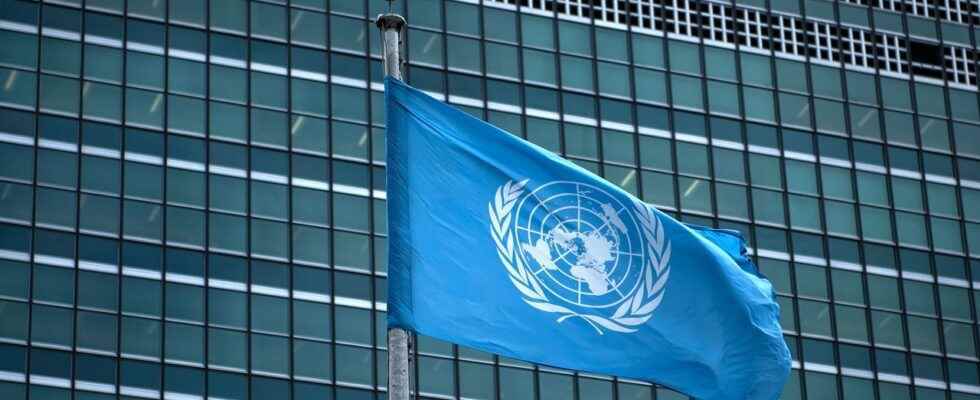The UN on Tuesday expressed its concern over the possible trials of Ukrainian prisoners of war in Mariupol, captured in May by Russia, stressing that it is forbidden to create courts intended solely to try such prisoners.
“We are concerned by reports that the Russian Federation and its affiliated armed groups in Donetsk are planning – possibly in the next few days – to try Ukrainian prisoners of war in what is being described as an ‘international court’ in Mariupol” , said a spokeswoman for the Office of the United Nations High Commissioner for Human Rights, Ravina Shamdasani.
A situation prohibited by international law
“We recall that international humanitarian law prohibits the creation of tribunals intended solely to try prisoners of war and that the deliberate deprivation of a prisoner of war of the right to a fair and regular trial constitutes a war crime”, he said. she explained, during a regular press briefing in Geneva.
She pointed out that few details are available on what is presented by Moscow as an “international court”, but indicated that photos and videos published by media and social networks appear to show that metal cages – apparently intended to accommodate detainees during trials – are being built in the Mariupol Philharmonic Hall.
The Third Geneva Convention grants extended protection to prisoners of war who cannot be prosecuted because of their direct participation in hostilities.
The detaining power can prosecute them for possible war crimes, but not for acts not prohibited by international humanitarian law that they may have committed in the course of the conduct of hostilities.
The absence of international observers
Moreover, underlined Ravina Shamdasani, “they are entitled to the guarantees of due process and a fair trial”.
“No conviction or sentence can be inflicted on them unless it is pronounced by an impartial and regularly constituted tribunal”, she insisted, explaining that deliberately depriving a prisoner of war of the right to a fair and regular trial amounts to a war crime.
The Office of the High Commissioner is concerned about the absence of independent monitors of prisoners of war, which “puts them at risk of being tortured to extract confessions”.
The spokeswoman also noted “disturbing public statements” by Russian officials and members of affiliated armed groups that undermined the presumption of innocence of detainees by calling them “war criminals”, “Nazis” and ” terrorists”.
On the other hand, the Office of the High Commissioner had access to the trials conducted by Ukraine, and is aware of six convictions for war crimes.
Ravina Shamdasani stressed, however, that the High Commissioner is worried about “the sentencing of prisoners of war from armed groups affiliated with Russia in the context of (…) accelerated procedures carried out by Ukrainian courts”.
“We have reason to believe that in some cases POWs have been convicted for simply participating in hostilities,” she said.
